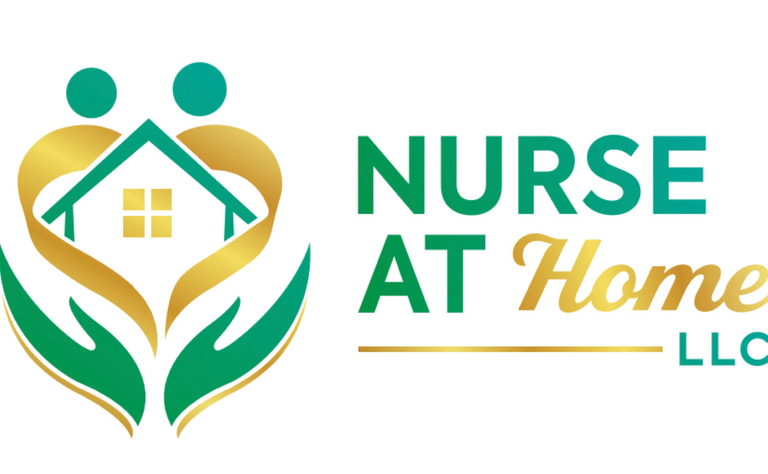Understanding Dementia: Symptoms and Caregiver Assistance
What is Dementia and how can a caregiver be of assistance. Have a family member that is in need of assistance, we can help head over to https://nurseathomellc.net for more information.
1/10/20252 min read


What is Dementia?
Dementia is a term used to describe a range of neurological disorders that affect a person's cognitive functions, particularly memory, reasoning, and communication abilities. It is not a specific disease but rather a collection of symptoms that might accompany various brain disorders, such as Alzheimer’s disease, vascular dementia, and Lewy body dementia. As the global population ages, the prevalence of dementia is expected to rise, making it increasingly important for families and caregivers to understand this condition.
Common Symptoms of Dementia
The symptoms of dementia can vary significantly based on the affected areas of the brain but often include memory loss, difficulties in thinking, problem-solving challenges, and impaired language abilities. Behavior and personality changes may also be noticeable in individuals suffering from this condition. Some common symptoms include:
- Memory Loss: Forgetting recent events or conversations is often one of the first symptoms to emerge.
- Difficulty in Communication: Struggling to find the right words or follow conversations can frustrate both the individual and their caregivers.
- Disorientation: Individuals may become confused about their surroundings, time, or even the people around them.
- Changes in Mood and Behavior: Increased irritability, anxiety, or depression can occur, leading to significant emotional swings.
Recognizing these symptoms early can aid in managing the condition effectively and improve the quality of life for both patients and caregivers.
How Caregivers Can Assist
Caring for an individual diagnosed with dementia can be both rewarding and challenging. Caregivers play a critical role in ensuring the safety and well-being of the person under their care. Here are several ways in which caregivers can provide assistance:
- Enhancing Communication: Patience is key when communicating with a person suffering from dementia. Encouraging the use of simple and clear language can help in alleviating frustration.
- Creating a Routine: Establishing a structured daily routine can provide a sense of stability for the individual. Regular schedules for meals, medications, and activities can significantly reduce confusion.
- Encouraging Independence: Allowing individuals to perform tasks on their own, even with supervision, can promote their autonomy and self-esteem.
- Emotional Support: Understanding and empathy are vital. Listening to the thoughts and feelings of individuals with dementia can create a supportive environment and alleviate feelings of isolation.
In summary, dementia is a complex condition characterized by various symptoms that impact cognitive function. Recognizing these symptoms and understanding how caregivers can assist individuals with dementia is essential for promoting better living conditions for both patients and their families. As awareness increases, it becomes crucial for both communities and healthcare systems to provide adequate support to those affected by this illness.
